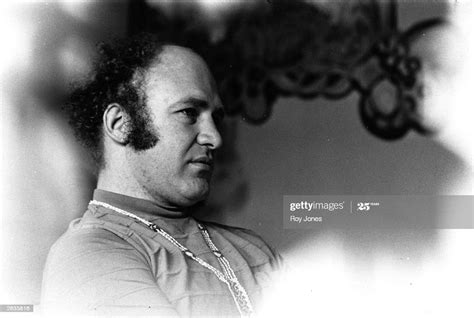Top 13 Quotes & Sayings by Roy Kesey
Explore popular quotes and sayings by an American author Roy Kesey.
Last updated on April 16, 2025.
When you spend so much time trying to father well, and failing, and trying again, and hopefully failing better, it's going to seep into your work. And when you give yourself permission to explore the grottiest bits of your psyche (like Louis CK) (who totally stole that move from me) (not really), to exaggerate the edge of the rustiest blades of your IRL mind, you'll occasionally come up with something that holds real power.
What I like about organizing things that way is that each story gets nearly full reign over its own space, but all of them are hung on a single string - the loosely-reined voice mentioned above. Thus the collection jogs away from suzerainty and past federation toward, I guess, alliance. Or maybe call each story a separate house on a single street? Or it's all a line of dive bars on some wharf front? What the hell, let's call reading the collection a pub crawl, but with words.
The biggest experiment there - and I was convinced for a really long time that it was going to fail horribly - had to do with this weird thing I do every now and then. Like everyone else, as a reader there are certain things that really rub me the wrong way in fiction - pet bugbears, let's call them.
For whatever reason, thus far it's been important to me not to write that kind of collection. Which means that I've spent months playing tic-tac-notecard, trying to get the stories in an order whereby stories that are similar in any given way (diction, narrative stance, setting, plot) are separated by others that aren't.
Very often, or perhaps more often, and even in very good collections - even in some of the best collections ever written, I would argue - it's because our "voicier" writers hew so closely to one given set of dictional tics that we as readers can't read the books all the way through in a single sitting, because if we did, the stories and their narrators would all start to bleed together.
I didn't intentionally emplace the raw material needed for political/allegorical readings into any of the first drafts, but sooner or later I saw it coming, and I did intentionally not cut it from some of the final drafts. In other words, I'm not particularly interested in encouraging readers to read certain stories that way, but I want to make sure that route's accessible should anyone be so inclined.



















